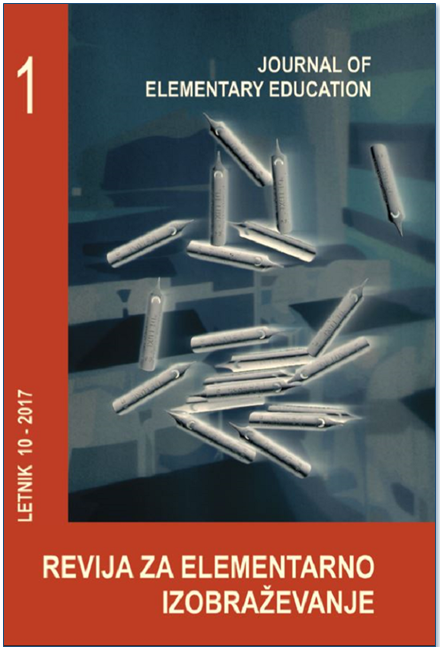Music Education for Every Child - Ideal or Reality?
Abstract
Contemporary pedagogical, psychological and sociological research highlights the need to make music education available to every child. Starting from the fundamental point of view according to which music affects the development of the child’s whole personality, this idea has been around since the 17th century. Various educators in the late nineteenth and early twentieth century emphasized the importance of music education for every child. Through a historical and theoretical overview of this idea, this paper examine the potential for its realization in contemporary educational practice. The Venezuelan music education program El Sistema, which promotes the humanistic idea of changing society through classical music education, stands out as a unique example of good practice. As a form of music education which particularly promotes the idea of music being available to every child, the conception of Functional Music Pedagogy by the Croatian music pedagogue Elly Bašić (1908-1998) is also discussed. Considering the status of music in American educational policy, it indicates a significant change, in which music has been recognized as an educational priority for the first time in the history of education and has become a basic academic subject in the American federal education policy plan, as well as unprecedentedly incorporated in Federal law.
Downloads
Copyright (c) 2017 The Journal of Elementary Education

This work is licensed under a Creative Commons Attribution-NonCommercial-NoDerivatives 4.0 International License.
